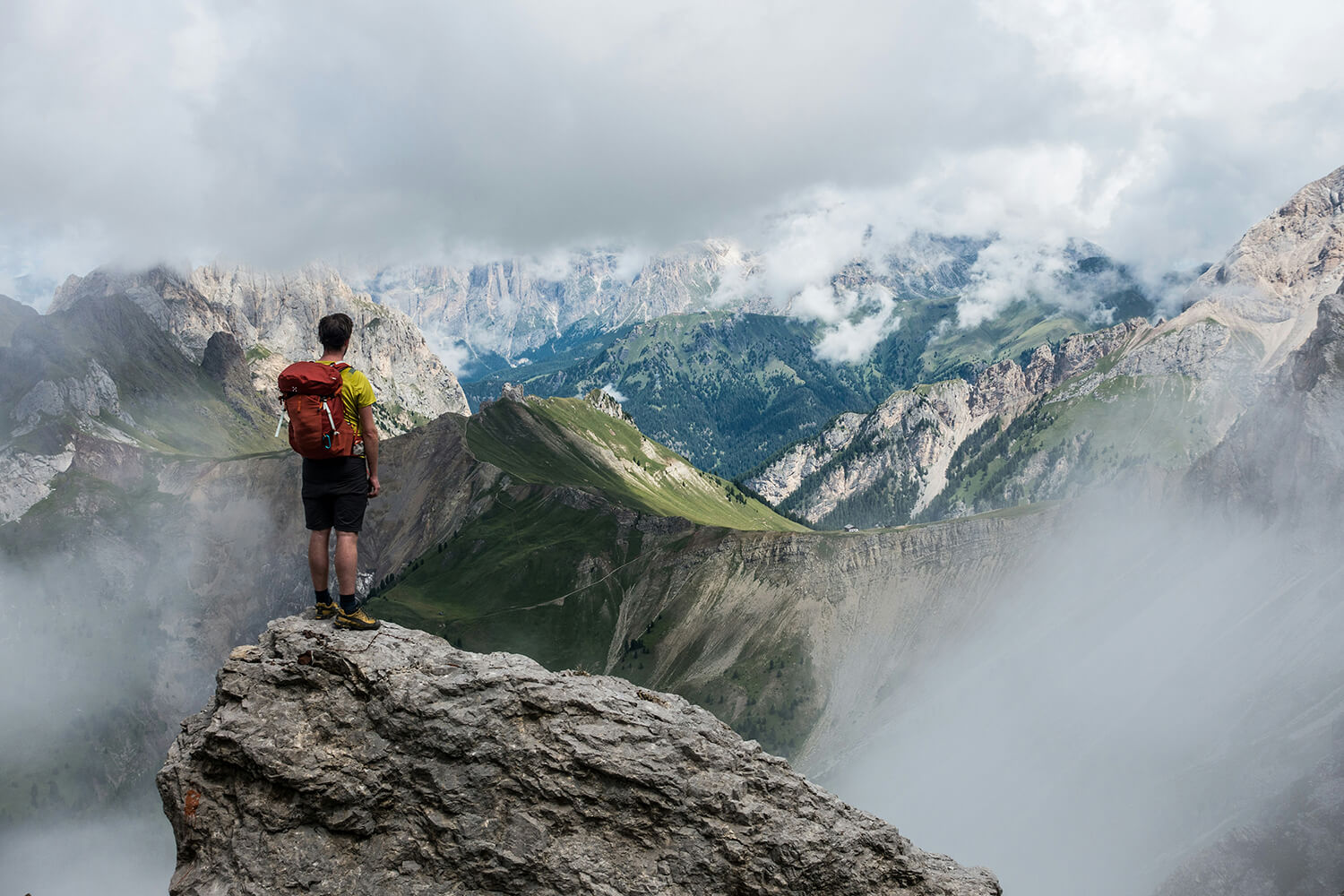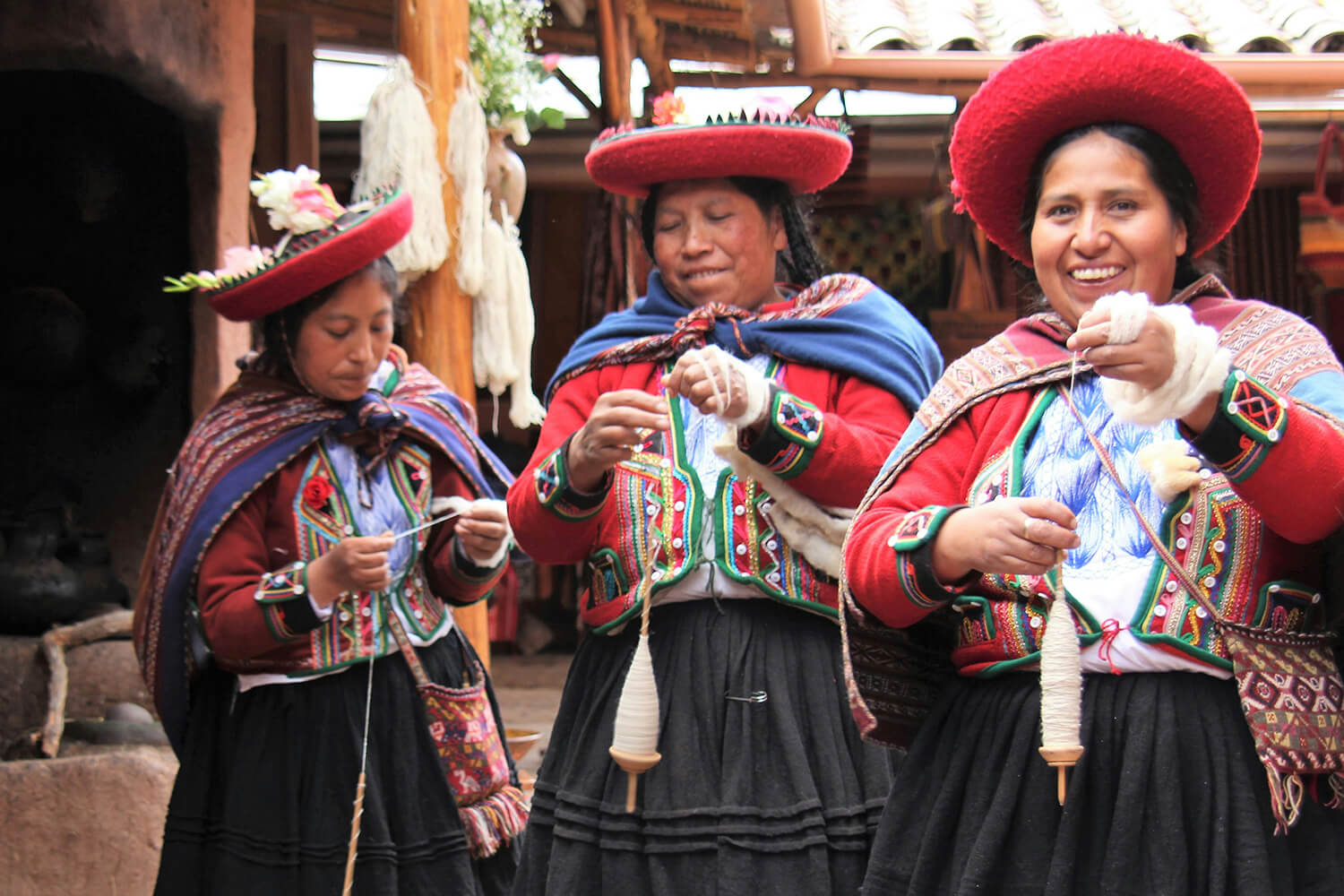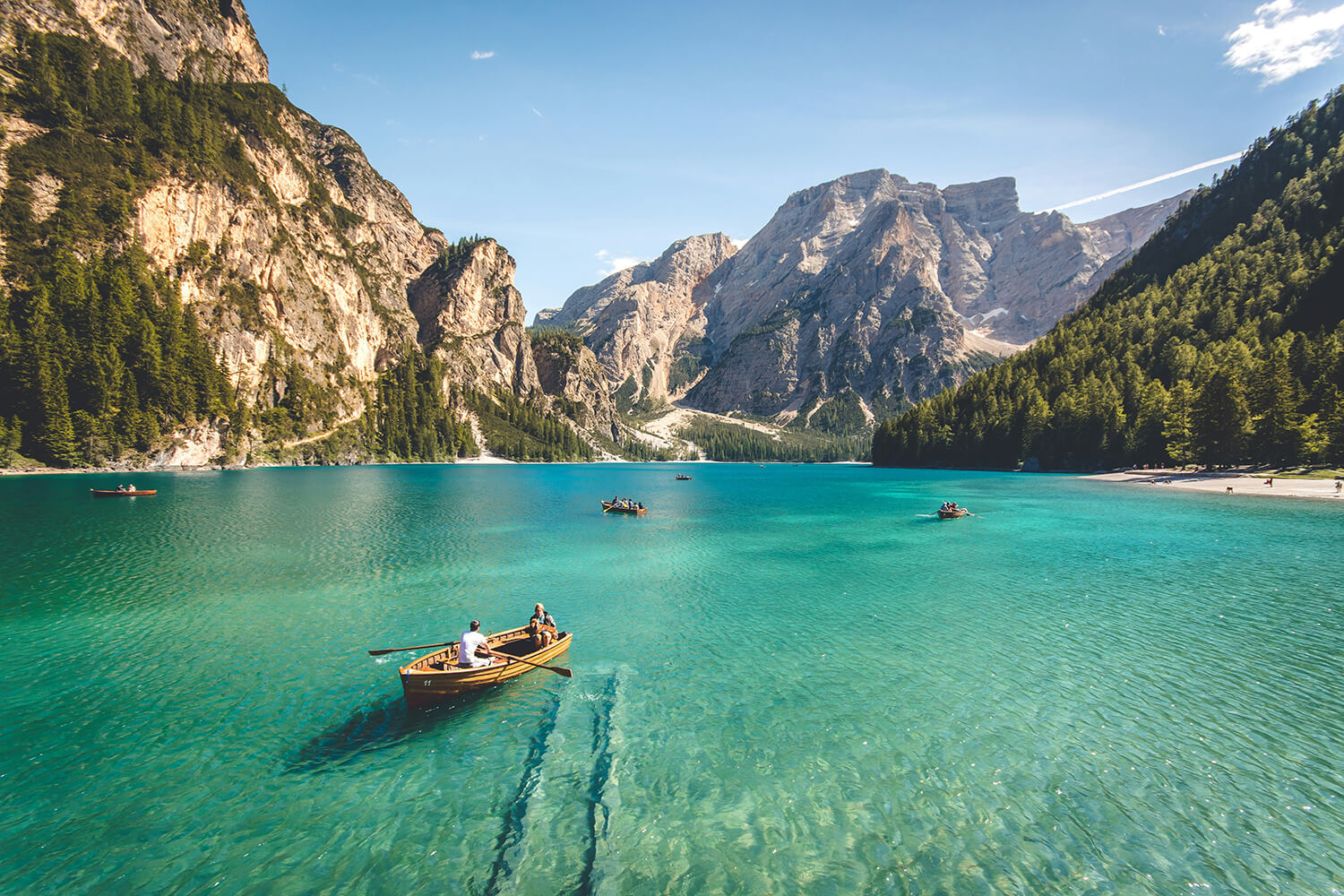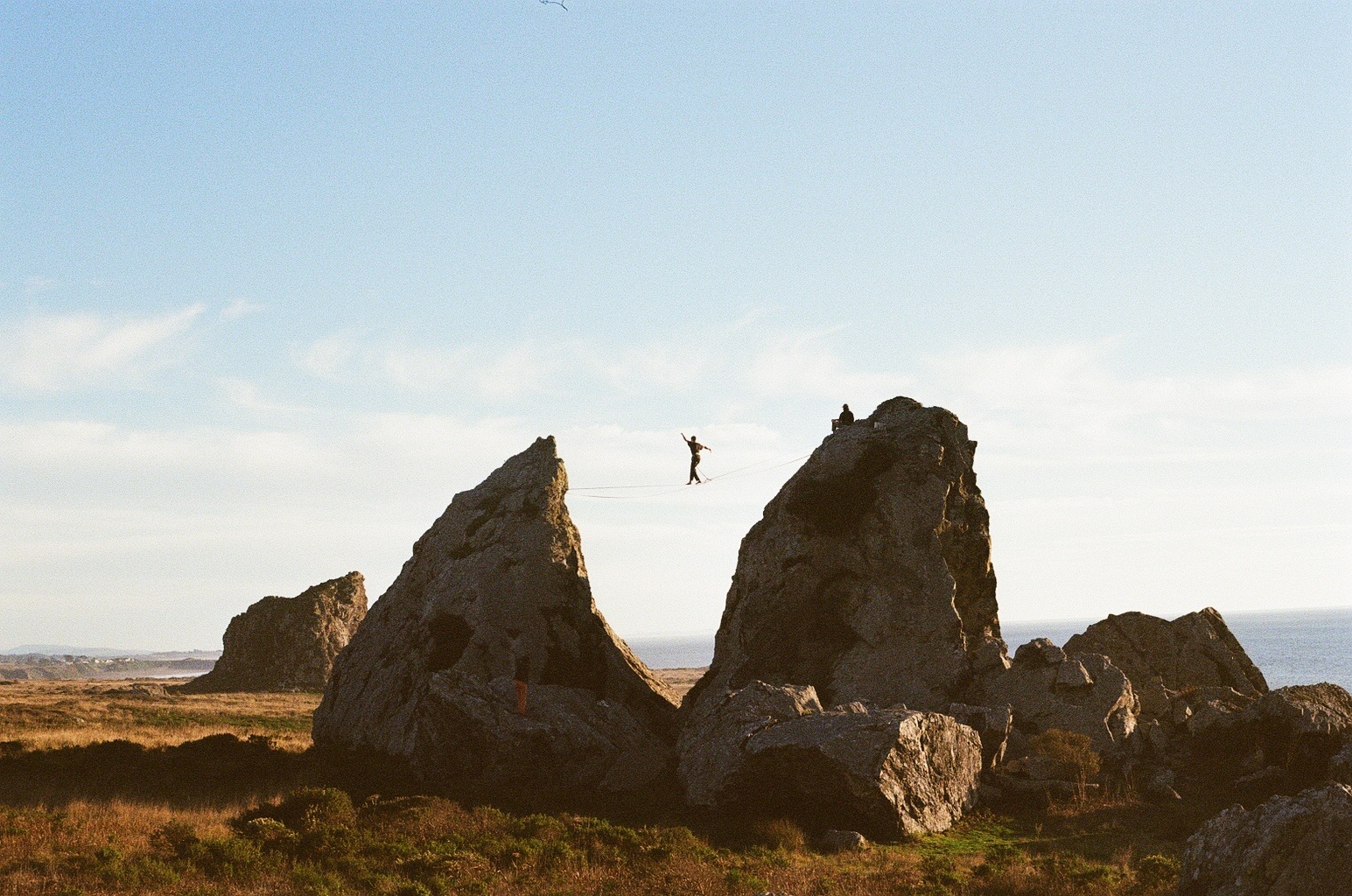The Complete Pre-Trek Guide: Preparing for the W Trek in Patagonia
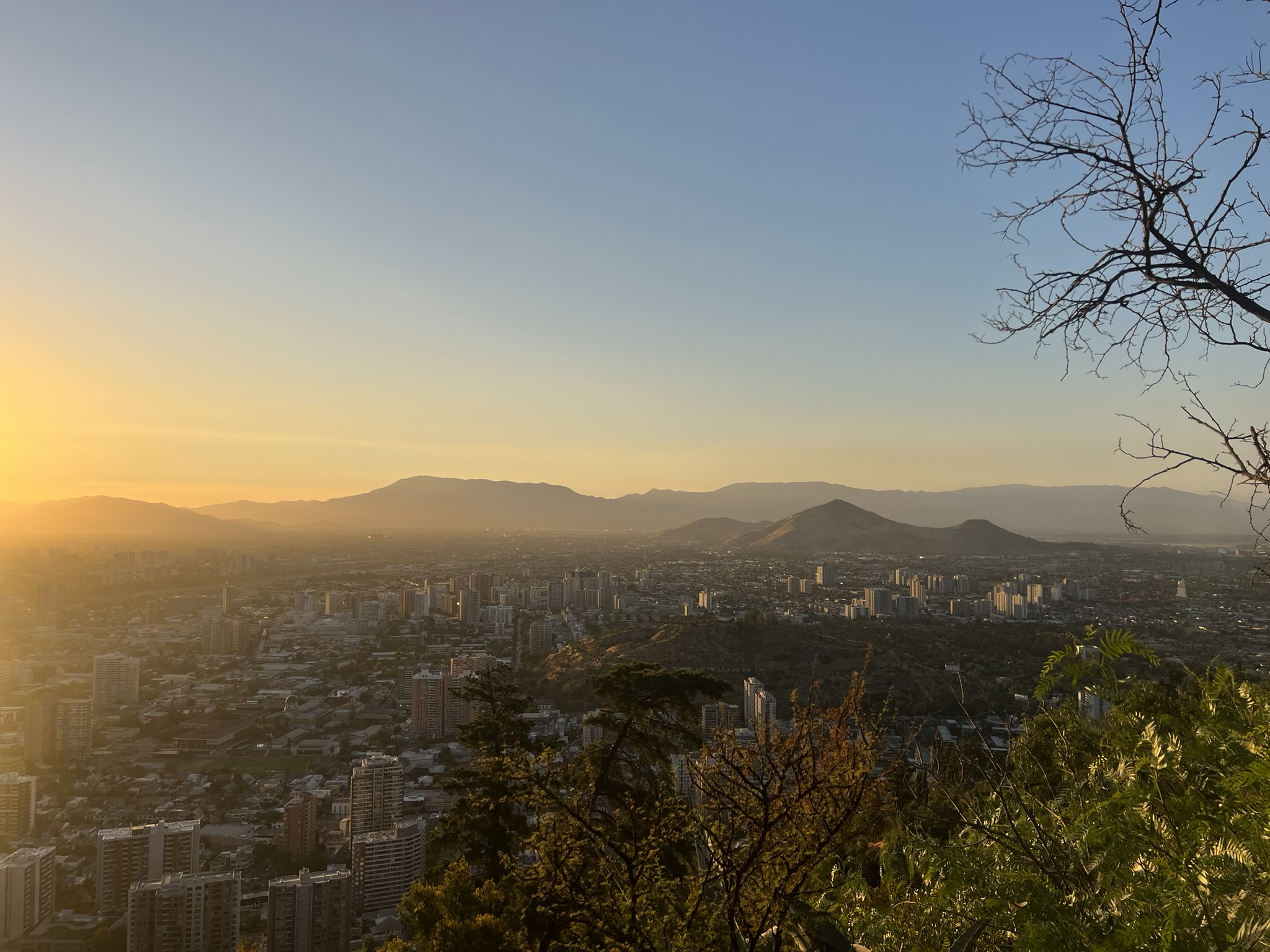
The W Trek in Torres del Paine ranks among the world's best multi-day hikes, but the logistics—flights, gear, campsite bookings—determine whether you have an amazing time or a stressful disaster. I completed this trek in January 2025, and the preparation process taught me what actually matters versus what everyone says matters. Here's the real breakdown.
Book Campsites First, Flights Second
Most people book flights first and then try to find campsites. This is backwards. During peak season (December-February), campsites sell out within days of booking windows opening, typically around August for the following season. Two companies control everything: Vertice Patagonia manages Grey, Paine Grande, Dickson, and Los Perros; Las Torres runs Central, Serón, Francés, Los Cuernos, and Chileno.
Campsite prices range from $11-40 USD per night depending on whether you're bringing your own tent or renting theirs. The "luxury camping" options—pre-set tents with real beds and heat—cost significantly more but proved worth it on wet nights. Platforms like TorresHike let you book both companies in one transaction, which eliminates the headache of coordinating separate reservations.
Book peak season campsites 6+ months ahead. Shoulder season (October-November, March-April) needs 3-4 months minimum. Don't skip this.
Getting to Puerto Natales
Fly into Santiago, then take a 3-hour flight to Punta Arenas on LATAM or Sky Airlines. Prices start around $40 USD one-way if booked early but spike during high season. Some flights continue to Puerto Natales; others terminate in Punta Arenas, requiring a 3-hour bus ride on Bus Sur ($12-15 USD). Buses depart hourly during high season from 7:00 AM to 9:00 PM.
Plan one full day in Puerto Natales before the trek. You'll need it.
Gear: Rent, Buy, or Bring
Rental Natales on Herman Eberhard street consistently gets the best reviews. Owner Guillermo knows trail conditions and stocks quality gear. Full rental kits (tent, sleeping bag, mat, trekking poles) run $14-22 USD per day. Erratic Rock sells major brands and hosts free daily trek talks at 3:00 PM with current trail info—worth attending even if you're not buying anything.
Critical detail about trekking poles: you cannot carry them on planes. Check your bag or plan to rent/buy in Puerto Natales. I learned this at airport security.
Frutos Secos stocks trail food—dried fruits, nuts, lightweight calorie-dense snacks. Campsites have small shops and restaurants, but bringing your own food costs less. Most refugios serve pizza and pasta for $15-20 USD per meal.
My complete gear list: https://lighterpack.com/r/ll2vt0
Park Entry and Transportation
Purchase your Torres del Paine entrance ticket ($49 USD for foreigners) online through pasesparques.cl before leaving Puerto Natales. Download the QR code—there's zero cell service in the park.
Four bus companies run to Torres del Paine: Bus Sur (most popular), Buses Gomez, Base Torres, and Turismo Zaahj. Standard departure times are 7:00 AM, 12:00 PM, and 2:30 PM, with more options during peak season. The ride takes 2 hours to Laguna Amarga entrance or 3 hours to Pudeto, costing $12-16 USD one-way. Book your return ticket while in town—buses fill up.
The Food You Actually Need to Try
After days of trail food, Puerto Natales delivers. Santolla serves centolla (king crab) caught in Patagonian fjords—get the chupe de centolla (crab casserole with cheese and white wine sauce). The restaurant operates out of repurposed shipping containers and fills up fast. Make reservations.
The unnamed panadería on Tomás Rogers street (coordinates: 4.410434, -76.155855) makes the best empanada-style hot pockets in town. Perfect for carb-loading pre-trek or celebrating post-trek. Baguales Brewery is Puerto Natales's only brewery, with solid food and award-winning beers.
Budget Reality Check
- Flights (Santiago to Punta Arenas): $40-100 USD one-way
- Bus (Punta Arenas to Puerto Natales): $12-15 USD
- Bus (Puerto Natales to park): $12-16 USD one-way
- Puerto Natales accommodation: $15-60 USD per night
- Gear rental: $14-22 USD per day (if needed)
- Park entrance: $49 USD
- Campsites: $11-40 USD per night
- Meals in Puerto Natales: $10-30 USD
Total pre-trek costs (excluding flights): approximately $150-300 USD.
What Actually Matters
Five things that made the difference:
1. Cash - Bring Chilean pesos. Many Puerto Natales services and all park services require cash. ATMs exist in town but not in the park.
2. Offline maps - Download maps on Maps.me before leaving Puerto Natales. Cell service doesn't exist in Torres del Paine.
3. Luggage storage - Most hostels store excess luggage free while you trek. Don't carry your full travel pack.
4. Early buses - The 7:00 AM bus to the park maximizes first-day hiking time. Worth the early wake-up.
5. Weather flexibility - Patagonian weather changes fast. Layer systems beat single heavy jackets.
The W Trek delivers world-class scenery, but preparation determines whether you spend your time dealing with logistics issues or actually enjoying the hike. Book campsites early, allocate a full day in Puerto Natales for organization, and don't skip the king crab. The trail itself is straightforward—getting there and getting organized requires the real planning.
